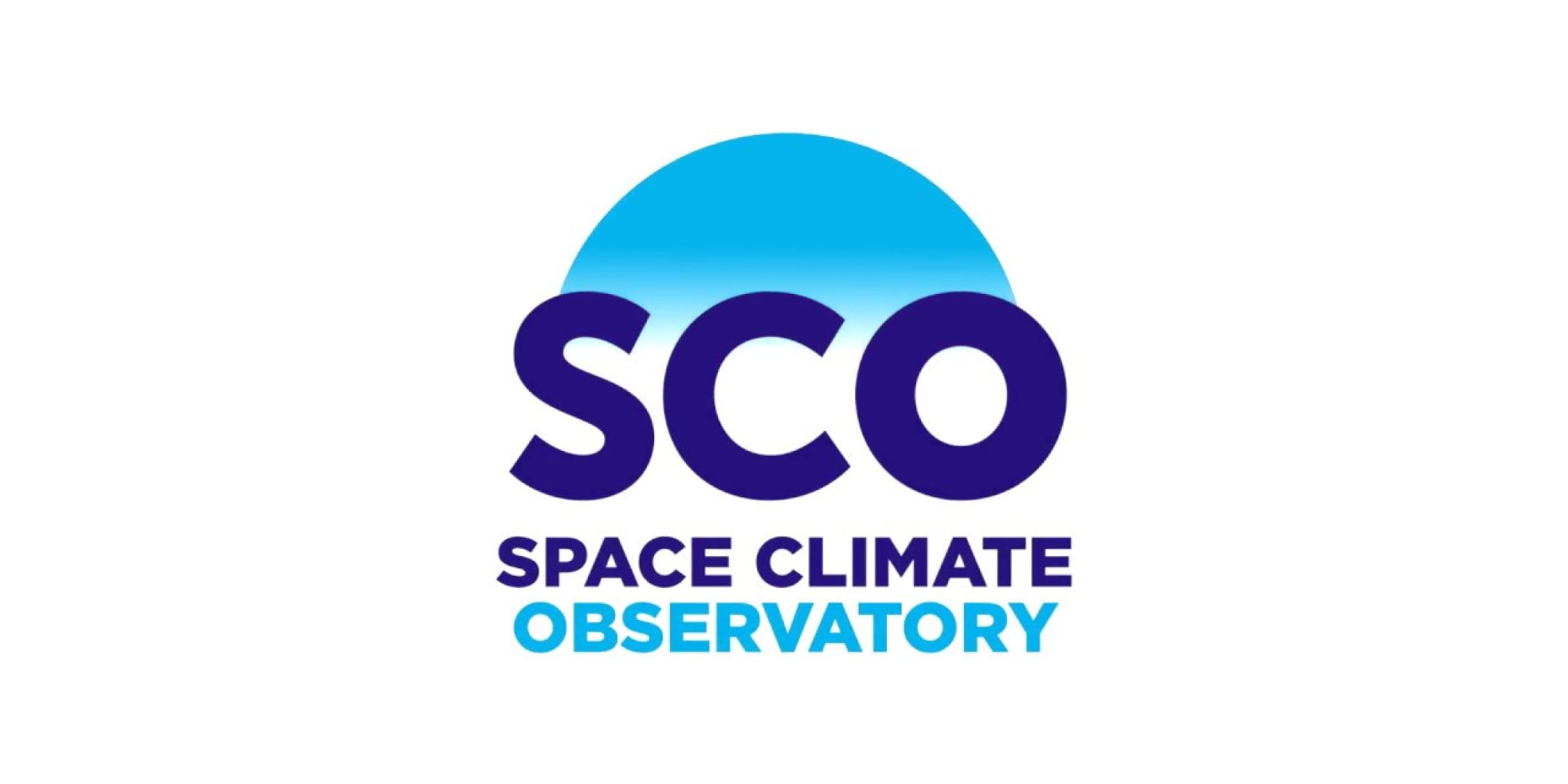The Space Climate Observatory (SCO) France is today issuing a second call for projects, inviting companies, research scientists and public organizations to respond as a consortium. All subject areas connected to the multiple impacts of climate change are eligible for accreditation, but SCO France is looking in particular for projects focusing on biodiversity to meet France’s commitments within the framework of the IUCN World Conservation Congress and the future COP15 Biodiversity Conference.
The full call for projects is available on the new SCO website at https://www.spaceclimateobservatory.org/fr/sco-france-lancement-du-2eme-appel-projets
The SCO was officially launched by French President Emmanuel Macron in June 2019 at the Paris Air Show. Federating 27 space agencies and international organizations, it constitutes one of the 12 commitments of the One Planet Summit. The SCO addresses the need for closer international coordination to gauge and precisely closely monitor the impacts of climate change, leveraging satellite and in-situ data combined with local socio-economic information.
The SCO label is awarded to projects proposing operational tools that enable local stakeholders to understand and model the consequences of climate change in their region. These tools are designed to be shared between signatory nations and tailored to users’ precise needs. The SCO is thus an instrument of international cooperation that ties in with the Paris Agreement and the UN Sustainable Development Goals.
SCO France, the French offshoot of the observatory, is built around 22 French institutions sustaining a national network designed to federate the scientific community, government bodies and firms in pursuit of the SCO goals. The SCO label has already been awarded to 15 projects after a first call for projects earlier this year. Located in mainland France, French overseas territories and countries working in partnership with France, these projects offer tools for adapting crops, cities, coasts and mangroves to climate change, as well as new tele-epidemiology and flood monitoring methods.








